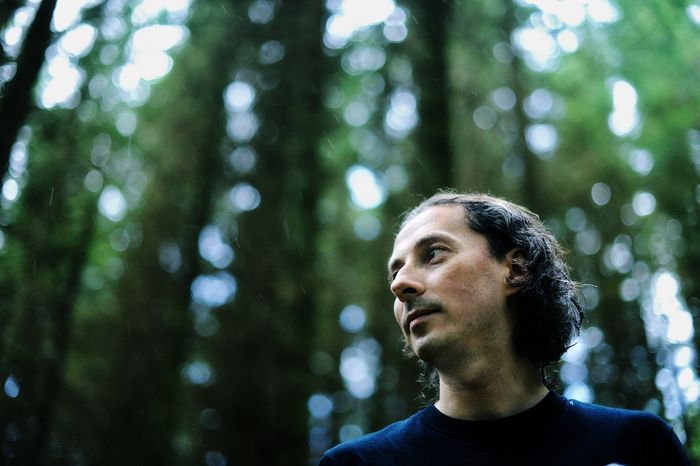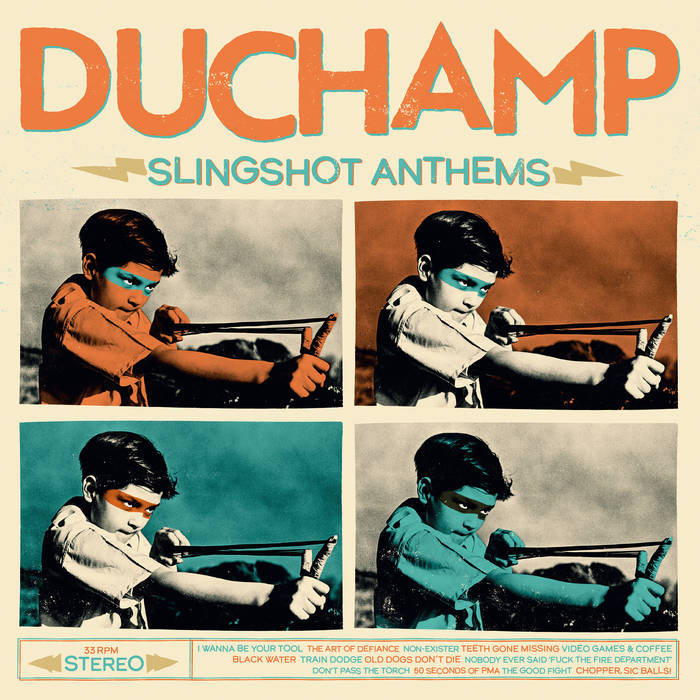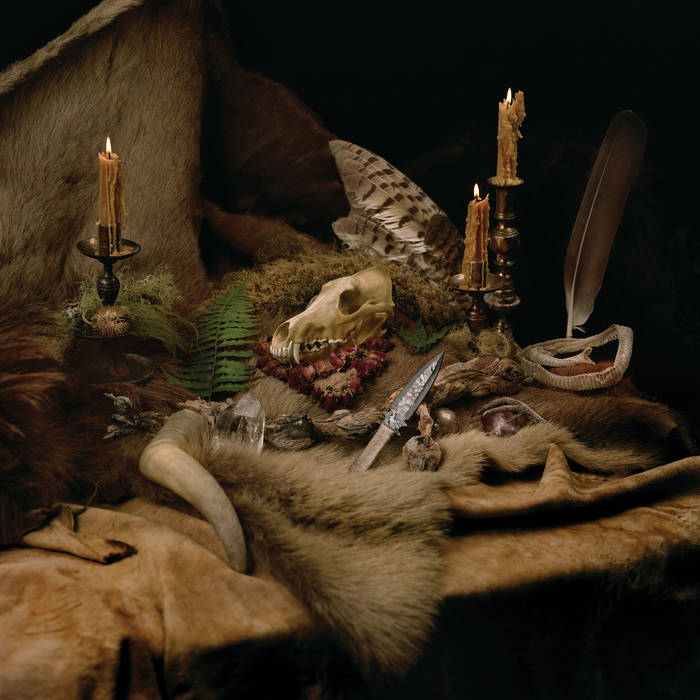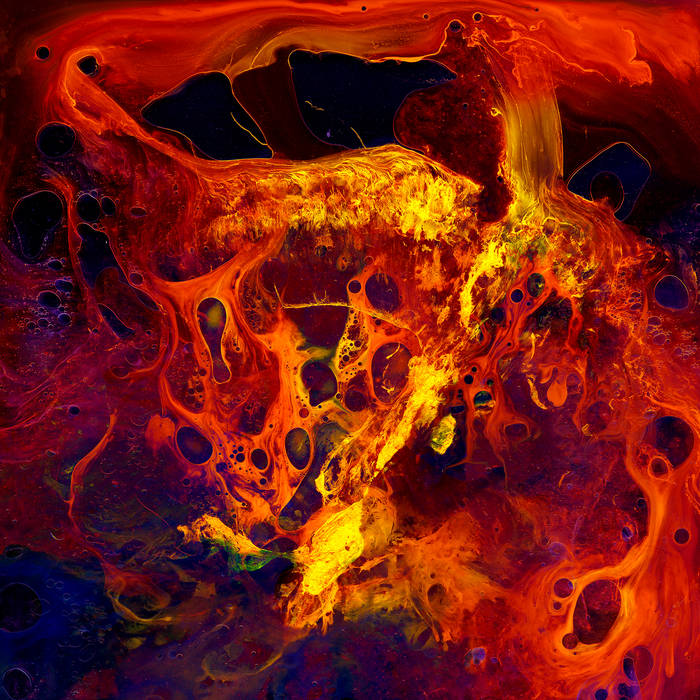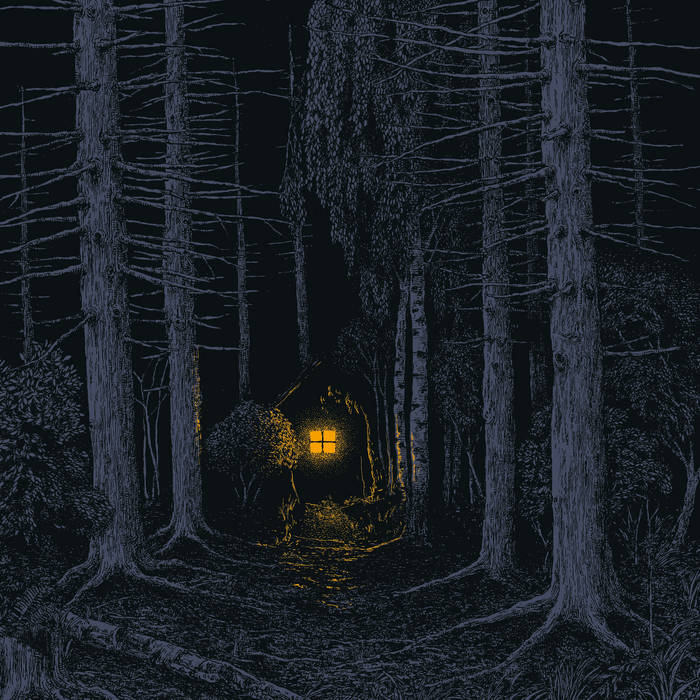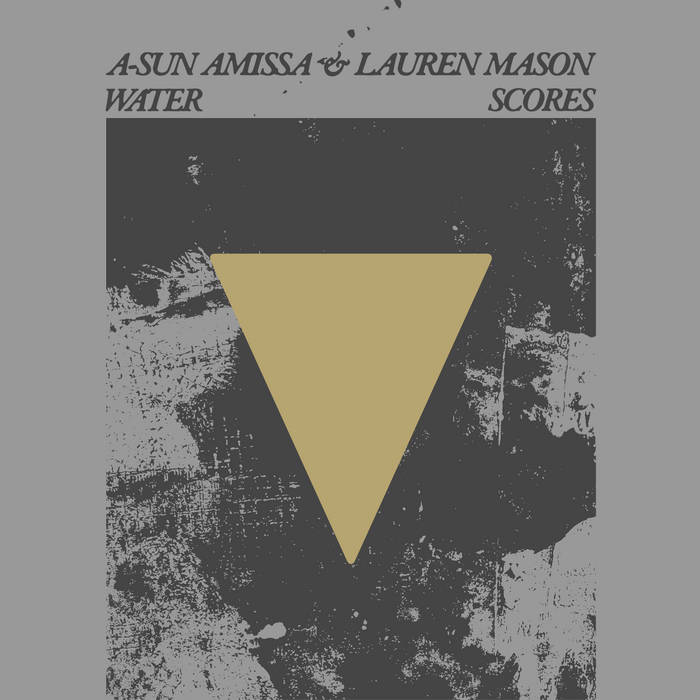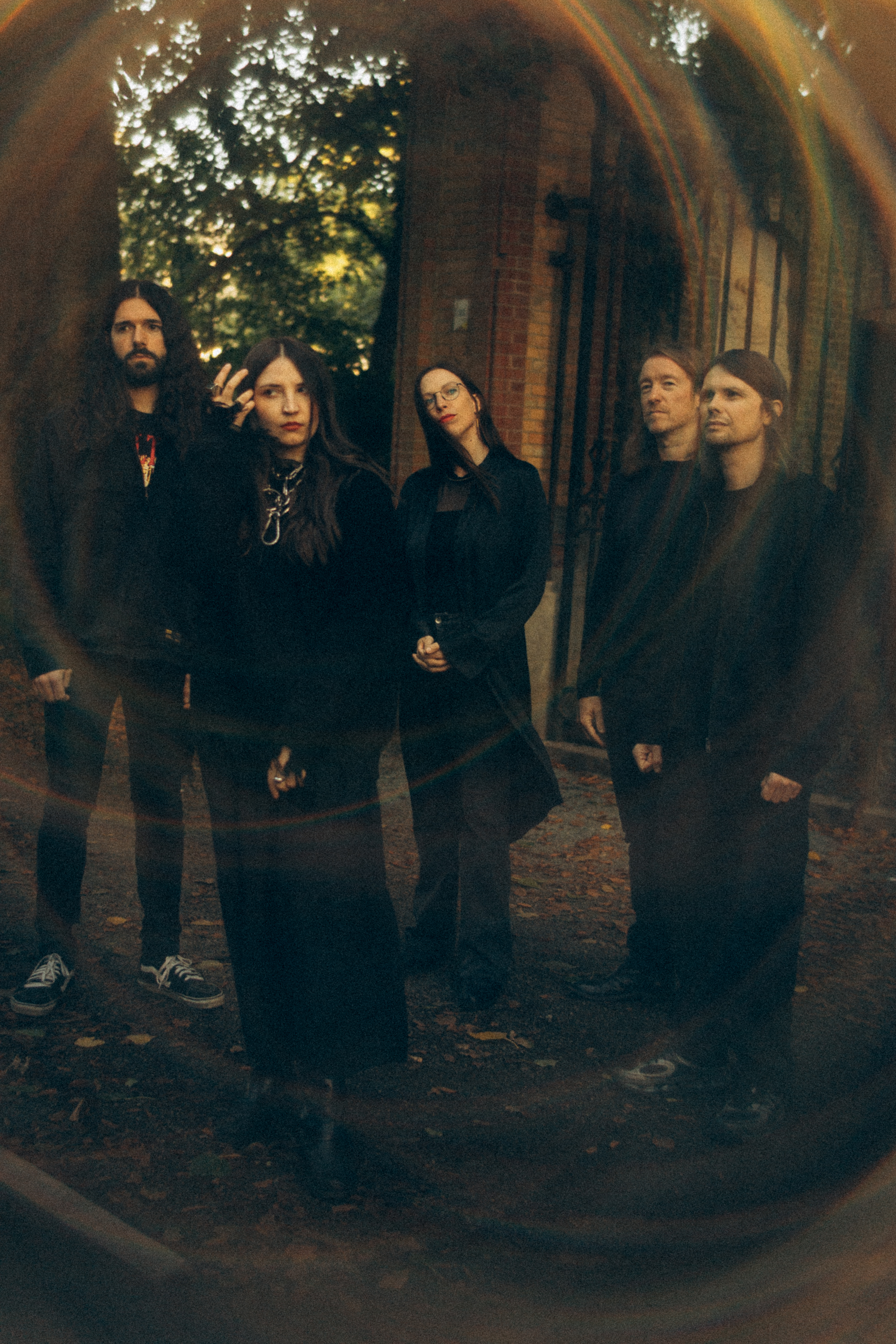Thy Catafalque is one of the fore-runners of a global movement towards a form of Black Metal that focuses on the regional aspects of the music. The sole mastermind behind it, Tamás Kátai gave us some time to find out more about him and his project.
Over the last couple of years we have seen more and more Black Metal projects turning towards the tales and musical features of their hometown or region. Be it the HUC in Switzerland, Mosaic in Thuringia, Germany or Saor from Scotland. Thy Catafalque is one of the most well-known of these bands and this was also a bigger part of our interview with Tamás; but the also tells us more about his former life in Scotland, the longstanding collaboration with Season of Mist and why Thy Catafalque has now been a solo-project for quite some time.
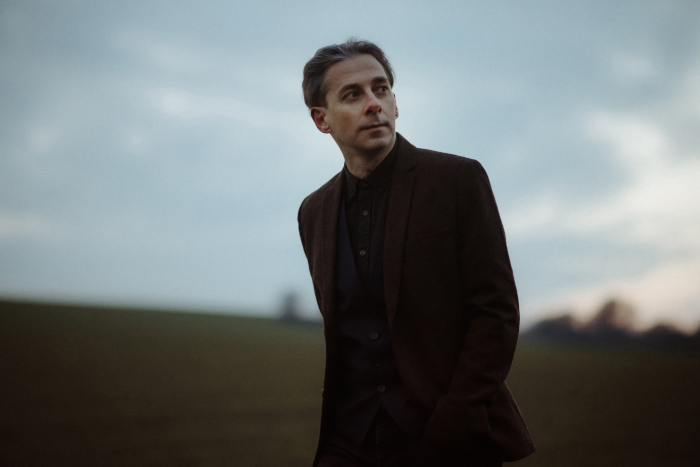
Thy Catafalque – how did you get that unusual name? Was it chosen because of its paradox character (decorating death beautifully)?
I was very much interested in medieval English literature and especially in the works of William Shakespeare and this expression is something that could have come off from one of his tragedies.
Is there some form of beauty in death?
From a certain perspective, probably.
In which way does the name correlate to the music of the band?
It did correlate in the beginnings, the music was epic, very theatrical and highly un-ironic. With time the music changed and the name did not. I am not too concerned about it any more, literal meaning of monikers fade away after a while.
For the first few releases, the artwork concentrated on people in different “manifestations” - picture, paintings or drawings. For years now, the cover artwork has been more abstract or very simplistic with people only being a part of the composition (the cover for Vadak shows a woman only as a part of the picture not the center). Was that shift intentional?
Yes, it was unintentional, I have never thought about this before. This is an interesting realization.
What it is the intention between the new artwork – it seems to be more concentrated on the vastness, the mightiness of the mountainous landscape and the contrast between human and nature?
Yes, definitely. The human element is part of the image and we can relate to her but we are not in the center by any means.
For ten years now, you have been the only constant member of Thy Catafalque – how much influence do other people have on it? Do you consider Thy Catafalque to be a band or to be YOUR band?
Well, as much as I don’t like to say it, Thy Catafalque seems to be my personal project by now. I make the final artistic decisions but it does not mean there are no precious ideas from others. Plenty of the guest musicians play whatever they feel right to the given music and many times I use those recordings without touching anything simply because they are awesome. The final goal is to write exciting music and not being the dominating ego.
How was that moment when you started working on Rengeteg all alone? Did you enjoy the blank canvas or was more intimidating than encouraging?
It was not a clear moment. After recording the guitar parts for Róka hasa rádió I moved to Scotland and János moved to The Netherlands and then to Norway or so, I didn’t even know where he was based when. He somewhat got missing from the radar and I started working on Rengeteg waiting for his input but it didn’t come and I realized I got one hour finished material and he only turned up then, emailing he had lost his latest recordings so I just submitted Rengeteg as it was to Season of Mist.
Rengeteg was more or less the first Thy Catafalque album in Hungarian, but not your first album in your mother tongue. That raises two questions: 1. Why not choose Hungarian for Thy Catafalque straight away? 2. Why not stick to English?
The first Hungarian Thy Catafalque album was our third one, Tűnő idő tárlat in 2004. Rengeteg was our fifth album. We started off in English as it was the obvious choice back then. That was the standard way of delivery in the genre. After a while I realized I felt awkward and uncomfortable with English lyrics and I could express myself way more natural in my native tongue. Then it was a no-brainer to skip to Hungarian and there is no reason to change it.
Hungary – I know you were born close to the Romanian and Serbian border in Makó. How would you describe your hometown?
Makó is small town closer to the Romanian border. It’s a very sunny, old and pretty town complete with the river Maros. Lots of greenery, quiet nights, calm life, that’s what I think of when it comes to Makó. I still consider it my home, I had been a permanent resident there for 33 years. My family still lives there and I often visit the town.
Can you clearly distinguish Serbian and Romanian influences on the folklore from Csongrád?
The closeness of the Romanian borders is obvious (it’s 20 kms) and there is a Serbian minority in the county as well as Slovakians. It’s a bit weird situation as the old borders of Hungary were well beyond the current ones and because of this Hungarian minorities are much more present in Romania and Serbia than the other way around.
How much influence has Makó had on you? Or the folklore from there?
I was growing up there, Makó has massive influence on me, whatever I do. I still write songs about the town and life there after so many years.
Your music is in Hungarian yet really successful also outside Hungary – why do you think that is?
People from abroad miss out a lot from the lyrical and cultural context so they can rely only on the music and it’s awesome they still enjoy it. I don’t know exactly why but you know, I’m just glad about it.
Where do you find the inspiration for your new songs?
Inspiration is just coming out of my mind, my past, my surroundings, my life. I have no methods looking for inspiration. It’s coming or not.
You have been very productive as of late with the two albums having been released within less than 18 months. How did that happen?
There are these waves of productivity and when the wave is on, I jump on it as long as it’s possible. When I have to write, I do it, this is important not to miss the opportunity, the vibe, the mindset to create something. These last times were great for creating, if nothing else.
Where in Hungary do you live now? Why?
I live in Budapest since 2018. It was family related issue.
Do you consider yourself to be a cosmopolitan? You were born in the Hungarian countryside, moved to Scotland and have traveled a lot.
In fact, I have been living in two countries only in my life and I hold both Hungarian and British citizenship. I am Hungarian, I was born here, this is my cultural homeland, my heritage. On the other hand I like to think about the world without man-made borders and myself as being part of something more universal and more natural than a country.
How do you earn a living now? In Scotland you used to translate?
In my final years there I was an interpreter/translator for the City of Edinburgh Council, I was a librarian at the University of Edinburgh and also a cleaner at the same Uni. I really liked the balance between mental and physical work that’s why I never gave up part-time cleaning there and I do miss the physical aspect now, as I have an online job here, working for a record label.
You have also released quite some music parallel to Thy Catafalque – why? Why not release as Thy Catafalque a band that is also known for being very eclectic?
Yes, I released Neolunar and my solo album with the title Slower Structures and it had a very practical reason. Both of these were released in 2016, when Meta was also released with Thy Catafalque. I simply had too many ideas and it would have been stupid to come up with three albums within one year under the Thy Catafalque moniker. Also, both Neolunar and Slower Structures were pretty much different to the Thy Catafalque world at that time so it was ok to do them the way I did.
Since Rengeteg you have been releasing on Season of Mist – why did you never fall for any of the bigger labels (which surely contacted you)?
No, no other label contacted me but I think I am at the proper place at Season of Mist anyway. I am very well taken care of, I have total artistic freedom, they really appreciate what I do and help me with anything. What more should I ask for?
Thy Catafalque started out as a “normal” Black-Metal band – when did you see the potential to turn it into a much more avantgarde-orientated band?
Even on our demo we were a bit odd already. We had a 15 minute long song there and a 10 minute ambient track on that demo with some more traditional stuff. And from there we just did whatever we felt was interesting for us. Probably I was a bit more into experimental music anyway, János was the metal-riff guy. He has a new band now, called Damnation, they play old school death metal, released their first EP this summer and are working on their first full-length.
You seem to like working with female folk singers – was is the reason behind that?
I have no preference really. I like good voices, be them male or female. Also, Martina is really great to work with, she is creative and her standards are high. She’s awesome.
How deep into the (Hungarian) neo-folk scene? Could you see a whole such album by Thy Catafalque?
I don’t have deep knowledge about the neo-folk scene and well, folk is really a difficult genre. I mean it’s easy to get kitschy there and you have to be careful. I don’t think I’ll have a whole folk album anytime soon.
Do the singers develop their own vocal harmonies for the songs or do you give them very clear instructions?
They get the lyrics and a main melody line but I always ask them to go and experiment, find out whatever they feel and record freely. They always have much better ideas than I have.
Vadak - what was your idea for the album? What sets it apart from Naiv?
It was just the next release. I look at this like I am writing only one album, sliced into smaller parts in time. One part was Naiv, the next one Vadak.
Our writer Gene wrote in his review for the album: “If it is the burden of genius to know too much, to be the mnemonic recipient of too much information, then, my friends, you are all about to earn your Nobel laurels by listening to Vadak.” What do you think of such high praise?
Sure, it’s flattering and I’m glad for it but it’s worthy to put praises to the proper place and not getting carried away with them.
Do you feel any kind of pressure when you start working on new songs? How do you free yourselves from any expectations?
That’s a hard one but you have to be aware you cannot satisfy everyone so it makes sense only to satisfy one person and it’s yourself. I try to walk that line, otherwise I get confused and it’s better to avoid.
Now onto our quickfire round, please choose one option and maybe give a short explanation:
Black Sabbath with Dio or with Ozzy? Ozzy. I like the Dio albums, too but for me the real classics are the early records.
Blastbeats or folklore drums? Blastbeats.
Edinburgh or Budapest? Edinburgh, no question.
Balaton or Loch Lomond? Loch Lomond. I am coming from the Great Plains of Hungary, far from Balaton and unfortunately I never had strong connection to that area even though it’s beautiful. On the other hand I love Loch Lomond and the whole Scottish Highlands.
Ihsahn or Emperor? That’s tough. Emperor is essential, classic, untouchable. Ihsahn is brave, experimental, exciting. I call it a draw.
Big music hall or intimate club? Smaller club.
Hellfest or Wacken? Never been to either of them, I have no preference.
Acoustic or electric guitars? Both together.
Analogue or digital? To work with – digital, to enjoy – analogue.
Vinyl or streaming? Why not both?
Touring or Writing/Recording? Writing/recording.
Folk or Black Metal? Black metal.
Thank you all for doing this, I hope the questions were not too boring. All the best and thanks for your time!
Thank you very much, it was great!

